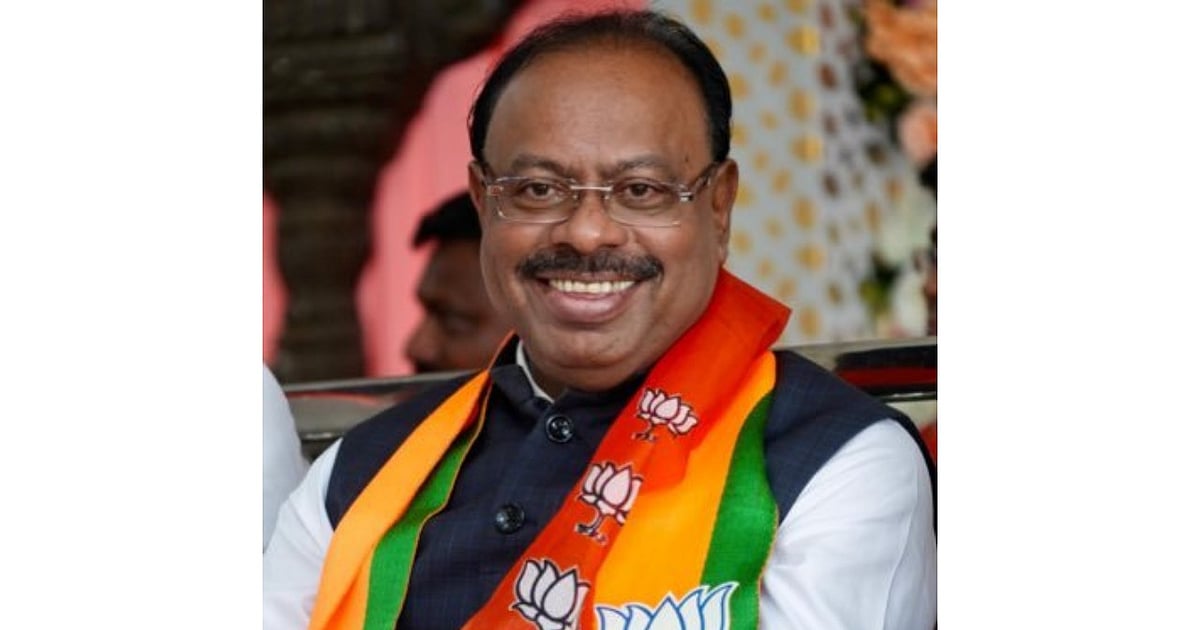 |
|
The political landscape in India is often characterized by fierce exchanges and counter-accusations between rival parties. A recent instance of this involves a sharp retort from BJP leader Chandrashekhar Bawankule directed at Rahul Gandhi, leader of the Indian National Congress. The crux of the disagreement centers around allegations made by Gandhi concerning the electoral process. Bawankule, in no uncertain terms, dismissed these allegations, choosing instead to focus on what he perceives as a more pressing concern: the future viability of the Congress party itself.
Bawankule's response, characterized by strong language, suggests a deep-seated belief in the weakness of the Congress party's current position. By labeling Gandhi's accusations as the ramblings of a man 'losing power,' Bawankule attempts to discredit not only the accusations themselves but also the credibility of their source. This strategy is common in political discourse; attacking the messenger is often seen as an effective way to undermine the message. The choice of words – 'gone insane' – is particularly harsh and indicative of a desire to portray Gandhi in a negative light, aiming to sway public perception.
The assertion that Gandhi should be 'more worried about whether Congress will survive or not' highlights a key strategic element of Bawankule's response. Instead of directly addressing the specifics of Gandhi's allegations, he shifts the focus to the larger narrative surrounding the Congress party's declining influence. This is a calculated move; by emphasizing the internal struggles within the Congress party, Bawankule seeks to distract from the allegations and portray the party as being in a state of disarray. This framing of the situation is designed to reinforce the BJP's image as the stronger, more stable political force.
This exchange underscores the highly charged atmosphere of Indian politics, particularly during election seasons. Accusations and counter-accusations are commonplace, and the use of strong rhetoric is a frequently employed tactic. However, the implications of this particular exchange extend beyond the immediate political sparring. It reveals a perceived vulnerability within the Congress party, a vulnerability that the BJP is clearly keen to exploit. Bawankule's statement serves as a potent symbol of this strategic targeting.
The broader context of this confrontation must also be considered. The health of Indian democracy depends on open and honest debate, but the line between legitimate criticism and personal attacks can often blur. The use of inflammatory language, such as 'gone insane,' raises questions about the tone and quality of political discourse in India. While robust debate is crucial, the prevalence of such aggressive rhetoric risks polarizing the electorate and undermining the trust in political institutions.
Furthermore, the underlying issues raised by Gandhi's original allegations, regardless of Bawankule’s response, deserve careful consideration. Dismissing them outright without addressing the core concerns may be a politically expedient strategy, but it does little to foster constructive dialogue and address potential problems within the electoral system. A healthy democracy necessitates not only vigorous debate but also a willingness to engage with critical issues and work towards solutions, regardless of political affiliation.
In conclusion, the exchange between Bawankule and Gandhi is a microcosm of the broader dynamics of Indian politics. It showcases the strategic maneuvering, the use of strong rhetoric, and the underlying anxieties surrounding the changing political landscape. While Bawankule's response effectively deflects attention from Gandhi's allegations, it also highlights the need for a more nuanced and constructive approach to political debate in order to maintain the integrity and health of the Indian democratic process. The focus should shift from personal attacks to substantive discussions addressing the real concerns of the electorate.
Source: Bawankule hits back at Rahul over poll charges; says he should worry more about Congress' survival
